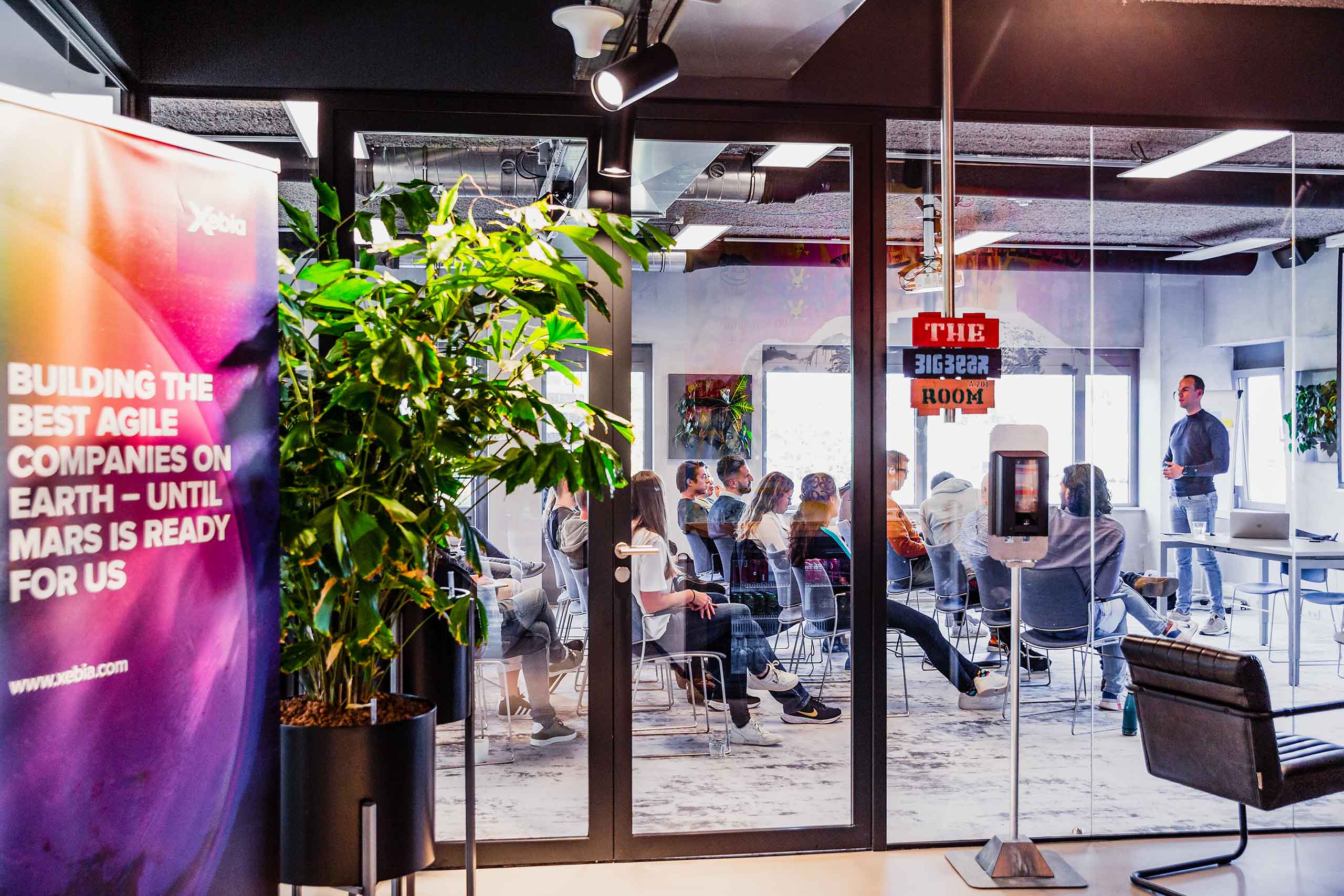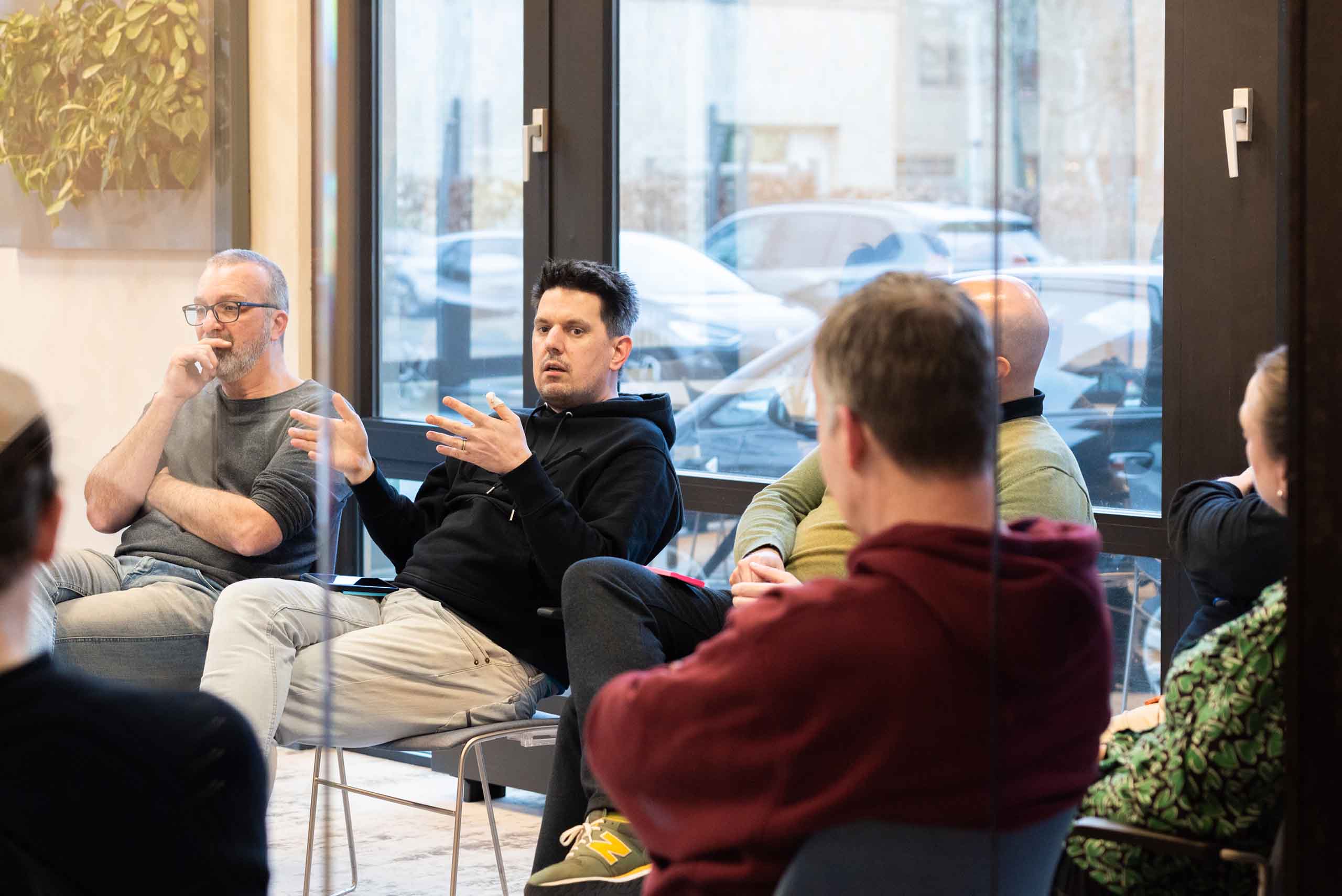Security in Google Cloud Platform (GCP)
21 oktober, 2024 – Hilversum, The Netherlands
Word een Professionele GCP Security engineer. Ontwerp, ontwikkel en beheer veilige infrastructuren met behulp van Google’s security-technologieën. Met deze Security in Google Cloud Platform training vergroot je jouw expertise door deel te nemen aan Google’s Security Engineering-traject en verdien je jouw Professional Cloud Security Engineer-certificaat.
Wil je je team(s) of organisatie trainen?
Max helpt je graag verder met trainingsoplossingen op maat.
Neem contact opDuur
3 days
Tijd
09:00 – 17:00
Taal
English
Lunch
Included
Certificering
No
Level
Professional
Wat leer je?
Ben jij een Information Security Specialist of Cloud Architect die Google Cloud Platform wil gaan gebruiken? Wil je een professioneel Google-certificaat behalen? Deze tweedaagse reis van presentaties, hands-on labs en demo’s is ontworpen om u te helpen expertise op te doen in de beveiligingstechnologieën van Google. Van het implementeren van veilige GCP-oplossingen en het leren van tactieken om verschillende bedreigingen tegen te gaan, bevat deze training de cumulatieve vaardigheden en kennis om je voor te bereiden op het Google Security Engineer-examen.
Belangrijkste leerdoelen
- Inzicht in de basisprincipes van GCP-infrastructuur.
- Alle beveiligingsbenaderingen van Google Cloud verkennen.
- Robuuste security architecturen ontwerpen.
- DDoS- en phishing-aanvallen beperken.
- Effectieve toegangscontroles implementeren.
- Cloudgegevens en -toepassingen beveiligen.
- Skills opbouwen in IAM.
- VPC-isolatiestrategieën verkennen.
- Behaal Professional Cloud Security Engineer certificering (na examen).
Programma
- Basics van GCP-security: Verken de beveiligingsaanpak en het model van gedeelde verantwoordelijkheid van Google Cloud. Leer bedreigingen te beperken door middel van Access Transparency.
- Cloud-identiteit: Master Cloud Identity, synchroniseren met Microsoft AD en authenticatiekeuzes maken.
- Identiteits- en toegangsbeheer: Duik in GCP Resource Manager, IAM rollen, beleid en best practices.
- Google Virtual Private Cloud configureren: Leer VPC-firewall instellen, load balancing, SSL-beleid en netwerkstructurering.
- Monitoren, loggen, auditen en scannen: Stackdriver, VPC flow logs, audit logging en het inzetten van Forseti begrijpen.
- Compute Engine beveiligen: Verken serviceaccounts, IAM-rollen, SSH-sleutelbeheer en VM best practices.
- Cloudgegevens beveiligen: Master Cloud Storage permissies, auditing, encryptie en BigQuery toegangscontrole.
- Distributed Denial of Service Mitigations: Leer bescherming te bieden tegen DDoS met behulp van GCLB, Cloud CDN, autoscaling en meer.
- Beveiliging van services: Begrijp DoS-bescherming, Cloud Security Scanner en het beperken van identiteit en OAuth phishing.
- Kwetsbaarheden met betrekking tot inhoud: Effectieve strategieën gebruiken om bedreigingen zoals ransomware, gegevensmisbruik en privacyschendingen tegen te gaan.
Voor wie is het?
Deze training is ideaal voor Cloud Informatiebeveiligingsanalisten, Architecten, Ingenieurs en Cybersecurityspecialisten.
Deze training wordt aanbevolen voor mensen met:
Basiskennis van informatiebeveiliging.
Basisvaardigheid met commandoregeltools.
Begrip van Python of JavaScript.
Ervaring met systeembeheer, zoals implementeren en beheren van applicaties op locatie of in een publieke cloudomgeving.
Waarom zou je deze training volgen?
GCP-beveiligingsvaardigheden op expertniveau opbouwen.
Bereid je voor op het Google Security Engineer-examen.
Doe inzichten op van echte Cloud-goeroes.
Examen en certificering
Hoewel deze training geen certificaat biedt, zal de kennis die je opdoet je vermogen om robuuste producten te leveren aanzienlijk beïnvloeden. Onze Google Cloud Platform-trainingen volgen allemaal het curriculum dat is opgesteld door Google. Deze training bereidt je voor op Google’s Professional Cloud Security Engineering-examen en -certificaat.
- Let op, Google raadt je aan om 3+ jaar ervaring in de industrie te hebben, inclusief 1+ jaar ontwerpen en beheren van oplossingen met GCP voordat je het examen aflegt.
- Het examen is niet inbegrepen in deze training.

Wat moet ik nog meer weten?
Trainingsinformatie
Xebia is een Google Cloud Authorized Training Partner, onze trainers zijn ervaren goeroes met uitgebreide praktijkkennis.
Literatuur en een heerlijke lunch zijn bij de prijs van de training inbegrepen.
Neem je laptop mee naar de training.
Reis en verblijf zijn niet inbegrepen.







